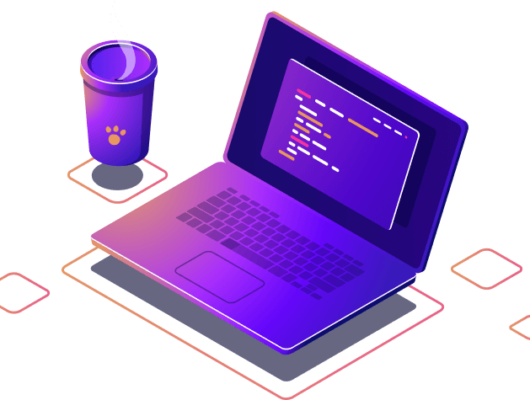The advent of low-code development platforms in the era of digital transformation has revolutionised the process of creating applications and systems, making it more accessible to a wider audience. However, it raises the question: Is it truly necessary to possess conventional coding abilities in order to immerse oneself in the realm of low-code?
The fundamental nature of low-code development
Low-code development platforms are specifically engineered to streamline the software development process, empowering users to construct applications with minimal or no coding required. They employ visual interfaces that incorporate straightforward logic and drag-and-drop functionality, rather than relying on complex code languages.
The Dilemma of Minimal Coding
Although low-code platforms minimise the requirement for extensive coding expertise, having a grasp of the fundamentals might be advantageous. Having a solid understanding of logic, data structures, and algorithms helps enhance the efficiency of the low-code development process.
When expertise in coding is utilised
Some situations in low-code development may need delving into conventional coding:
- Elaborate customisations: Adapting apps to suit special requirements may occasionally necessitate the use of scripting.
- Points of integration: Integrating with old systems or third-party services may require the use of code snippets.
- Performance optimisation: Improving the efficiency of a programme may need a thorough comprehension of the underlying code.
In the tapestry of tomorrow’s tech, low-code is the thread that weaves complexity into simplicity.
Equilibrium
The trade-off lies in finding the equilibrium between user-friendliness and the extent of customisation capabilities. Low-code platforms facilitate effective co-creation of applications by catering to both non-technical business users and professional developers.
As of 2024, the market features a variety of low-code development platforms catering to different needs, from business process automation to app development without extensive coding knowledge. Some of the notable low-code platforms include:
- Appian: Known for its cost-effective app development and ability to streamline workflows and resources.
- Mendix: A tool that offers tools for testing, building, and deploying applications across various user devices and platforms.
- OutSystems: An omnichannel platform that excels in creating applications for various mediums, including mobile and web, with features like real-time performance dashboards.
- Quickbase: Ideal for workflow management and operational reforms, this platform is recognized for its prebuilt marketplace and third-party integrations.
- Zoho Creator: This platform is appreciated for its CRM capabilities and intuitive visual app-building features.
- Salesforce Lightning: A framework that is well-suited for developing component-based applications with a range of interactive features.
- Microsoft PowerApps: Offers a rapid app construction experience with prebuilt AI components and over 200 connectors for data integration.
- Nintex: A no-coding-required platform for process management and workflow automation with a strong focus on content processes.
- Application Express (APEX): Supports the creation of complex web applications and is geared towards scalable and secure enterprise app development.
- Kissflow: Promotes itself as a unified digital workplace and is geared toward workflow and process management with a rule-based model that minimizes the need for custom coding.
Each of these platforms has its unique strengths and features, such as visual modeling, reusable components, and the ability to integrate with other systems. When choosing a low-code platform, it’s important to consider factors like ease of use, customization options, integration capabilities, scalability, security, and support for different architectures. These platforms are designed to accommodate a range of users, from professional developers seeking to expedite the development process to non-technical users who wish to engage in app development
Conclusion
While low-code development is beneficial for individuals without coding experience, possessing coding skills can be advantageous since it provides a hidden advantage in resolving issues, integrating systems, and personalising applications.






